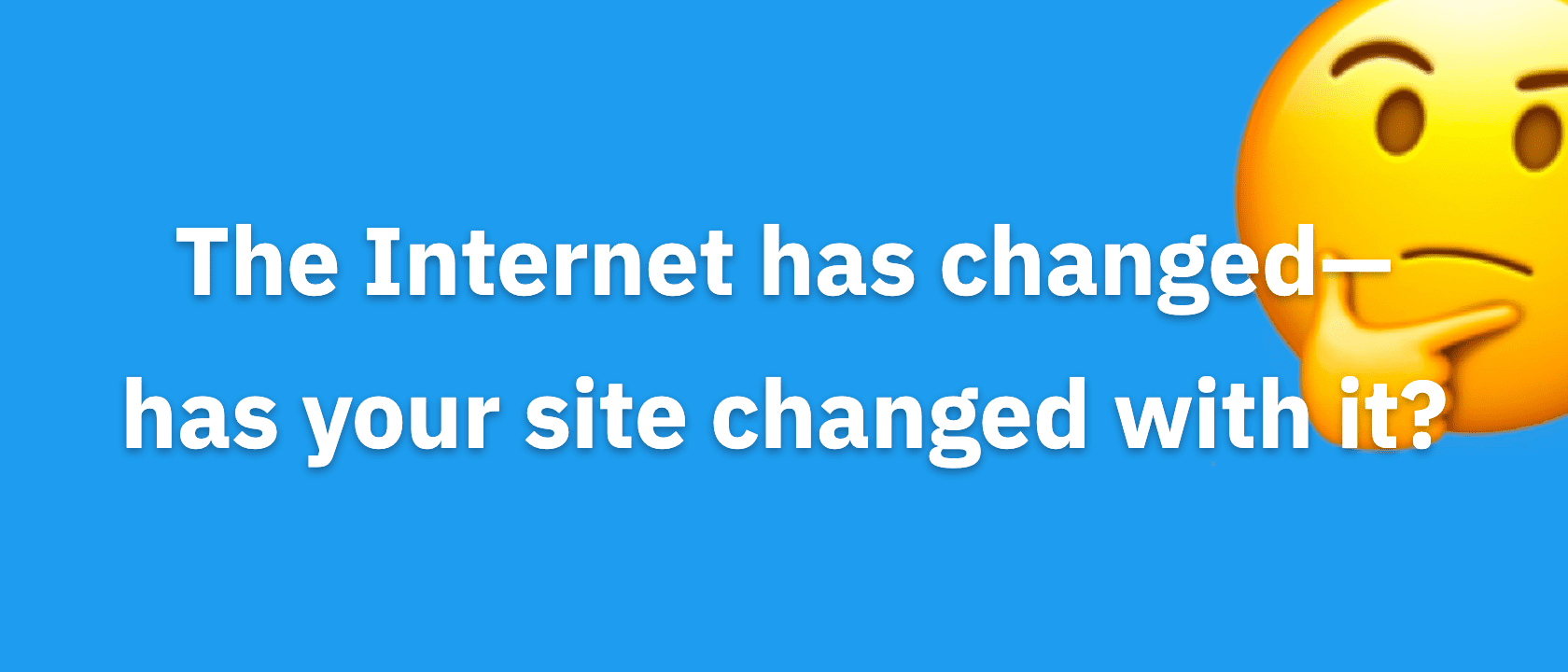
There’s a real problem in the blog world right now.
And it’s not what you think. It’s not about traffic, sales, or leads.
It’s about credibility.
With millions of blogs on the internet, people want to know that they’re reading the right people.
But don’t stress…
…Because you don’t need to be an absolute expert to run a blog that gets traffic and makes sales. You just need to know what you’re talking about.
Let me explain.
The Two Types of Experts
What do your local newscaster and Jared from Subway have in common?
They’re both relative experts.
Generally speaking there are two different types of experts:
- Absolute Expert
- Relative Expert
An absolute expert is the person who has put in their 10,000 hours of practice, and knows their skill or topic inside and out. They can talk about their craft at a high level, and there are generally few questions they don’t have a good answer for.
Jimi Hendrix was an expert at guitar. Chris Pearson is an expert at WordPress theme development. Pete Sampras is an expert at tennis. They each know more about their craft than 99.99% of the population.
A relative expert rather, is someone with a perceived level of credibility due to the fact they know more about a subject than the person they’re talking to. The level and depth of the knowledge of a relative expert can vary greatly from person to person.
For instance, we often look at the nightly newscaster as an expert, because they always appear to be knowledgeable in politics, business, or whatever else is going on in the world. The reality is the only thing they’re actually an expert at is reading the teleprompter. Yet, because they generally know more than we do about world happenings, to us, they appear to be an expert.
Or what about Jared? Millions of Americans look at him as a weight loss expert because he was able to lose over 100 pounds by sticking to his Subway diet. What was he actually an expert in? Eating the same thing every day and exercising – not exactly expert status in my book.
Look: You Don’t Need to Be An Absolute Expert
Every day I see people who don’t pursue a business or skill because they aren’t an “absolute expert”. Often times there’s a mindset that if you don’t know everything, you don’t know anything.
Totally not the case.
As long as you aren’t playing yourself off as someone who is an absolute expert, and you’re honest with yourself and others about your abilities, there’s a ton of opportunity for the relative expert in the world of entrepreneurship.
You could start learning a skill today, and within a couple weeks be able to help a lot of people with some of their basic problems. You just need to have the motivation to do it.
Last year I quit my job and moved to Thailand to start a business. I chose search engine optimization and in a matter of weeks was already making a significant impact for my first client. It only took about 8 weeks before we saw our first $5,000 sale due to me learning the basics of SEO.
Am I the worlds best at it? Hardly. Do I know enough to provide significant value for someone who knows nothing about how to properly optimize a website? Absolutely.
To become a relative expert at something, you just need to be willing to devote enough time to learning the essentials of the trade, and then get hands on with your own projects to put the knowledge to practice.
This can be said for just about any business that can be run from a computer, whether it be web design, development, copywriting etc.
So that said, how do you use the idea of being a relative expert to actually boost your credibility?
The Three-Step Formula for Becoming a Relative Expert
1. Prove that you actually know something.
This can be as simple as a blog post detailing tangible results, or by putting up a new website that you designed and coded all by yourself. Once it’s established that you know a little bit about a given topic, it isn’t hard to make the leap to relative expert status.
2. Offer Help.
Whatever area you decide to specialize in there are always beginners looking for assistance. Use Twitter Search to find them if need be. Be willing to offer as much advice and help as you can, while asking for nothing in return. If you do this well, to them you’re immediately a relative expert. Word of mouth is a powerful thing, so by helping a handful of people it may not be long before your reputation grows.
3. Continue Building Your Skills.
Don’t trick yourself into believing you’re an expert because you know some basics. That isn’t good for you or anyone else. As you become recognized in your field, you need to challenge yourself to up your game, and continue adding value. The only way to do that is to consistently be learning and building your own knowledge.
The Bottom Line
You don’t have to know everything to be useful, you just need to be confident in what you do know.
That said, if you make a commitment to gain knowledge in a subject matter of your choice, and stick with it, it may not be long before you’ve got the know-how and the reputation to build a sustainable business around it.
